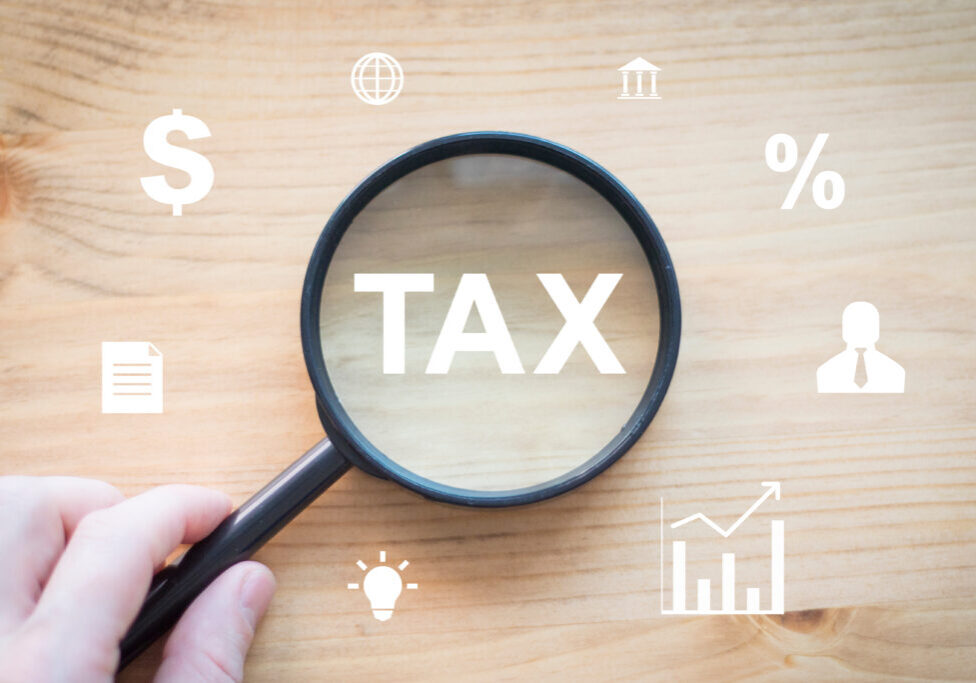Gov. Jeff Landry’s plan to cut income taxes while expanding the state sales tax would reduce taxes for virtually all earners, but enshrine a system where low-income workers pay a higher percentage of their take-home pay in taxes. That’s according to the first independent analysis of the governor’s plan by the Legislature’s former chief economist. The analysis was done for RESET Louisiana, and only looked at the distributional effects of the proposed changes to income and sales taxes. It showed that overall revenue would be cut by $400 million next year in a state that already struggles to provide public services. The Times-Picayune | Baton Rouge Advocate’s Tyler Bridges reports:
“We should be looking for ways to make our tax system more progressive and more fair to people with low incomes,” [Invest in Louisiana’s Jan] Moller said. Louisiana already has a regressive tax system where people who earn less than $18,000 pay 13.1% of their family income in taxes while people who earn over $552,000 pay only a 6.5% tax rate, according to the Institute on Taxation and Economic Policy, a progressive nonprofit in Washington, D.C. Neither the governor’s office nor the Legislative Fiscal Office have released studies showing how much each component of the governor’s plan would increase or decrease overall tax revenue.
Invest in Louisiana recently hosted a webinar to unpack the governor’s plan and discuss how it would affect Louisiana citizens and the state budget. Click here to watch a recording of the webinar.
New laws put more stress on public defenders
Gov. Jeff Landry and his allies in the Legislature recently overturned effective criminal justice reforms in favor of more mass incarceration. These moves will put more people behind bars and more stress on public defender offices. Verite News’ Katie Jane Fernelius explains how the already overburdened Orleans Public Defenders Office is trying to manage:
According to [New Orleans Chief Public Defender Danny] Engelberg, who did not request additional funding for hiring in next year’s budget, the office has 37 attorneys working on low-level felony cases. “We should have more than triple that,” Engelberg said. Currently, the office has 13 attorneys that handle the most serious cases — where their clients are facing life without parole. “We know that there should be upwards of 55” of those attorneys, he said.
Workers’ bill of rights in New Orleans
New Orlenians will vote on a proposal to add a “workers’ bill of rights” to the city’s charter during the Nov. 5 election. The measure, which is symbolic in nature and has no new requirements for employers, supports access to better wages, benefits and working conditions. Step Up Louisiana’s Ben Zucker, writing in a letter to the Times Picayune | Baton Rouge Advocate, explains the importance of this effort:
The Workers’ Bill of Rights has the potential to influence policymaking, business decisions and public discourse for years to come. It’s important that the city affirm its commitment to workers’ rights even as we continue to push to find ways to protect them in a hostile state political climate. Workers must have a standard to be inspired by and to invoke as they advocate for better conditions. And New Orleans voters must support this amendment. Change starts with principles.
Environmental justice grants for Louisiana
New federal grants announced on Monday will help reduce pollution and improve investments in historically marginalized communities in Louisiana. The $2.49 million award from the Environmental Protection Agency, which was given to the Deep South Center for Environmental Justice, will help spur community-led projects. The Times-Picayune | Baton Rouge Advocate’s Mike Smith reports:
“Our approach has been to educate communities so that they have their own voice. And you know what politicians respond to? The voice of people,” said Beverly Wright, executive director of the Deep South Center for Environmental Justice, based in New Orleans. “And so at this particular point in time, we are going to be able to build more voices to educate more communities across this state of Louisiana.” The organization plans to award around two dozen grants through a competitive process over the course of two years. Examples of projects could include flood mitigation, reducing the impact of pollution or improving stormwater management. Projects could also involve training in those areas.
Number of the Day
$4.2 billion – Amount of federal funding that will flow to 44 major infrastructure projects around the United States. The funding, which is part of the 2021 bipartisan infrastructure law, was announced on Monday by the Biden administration. (Source: Route Fifty)
